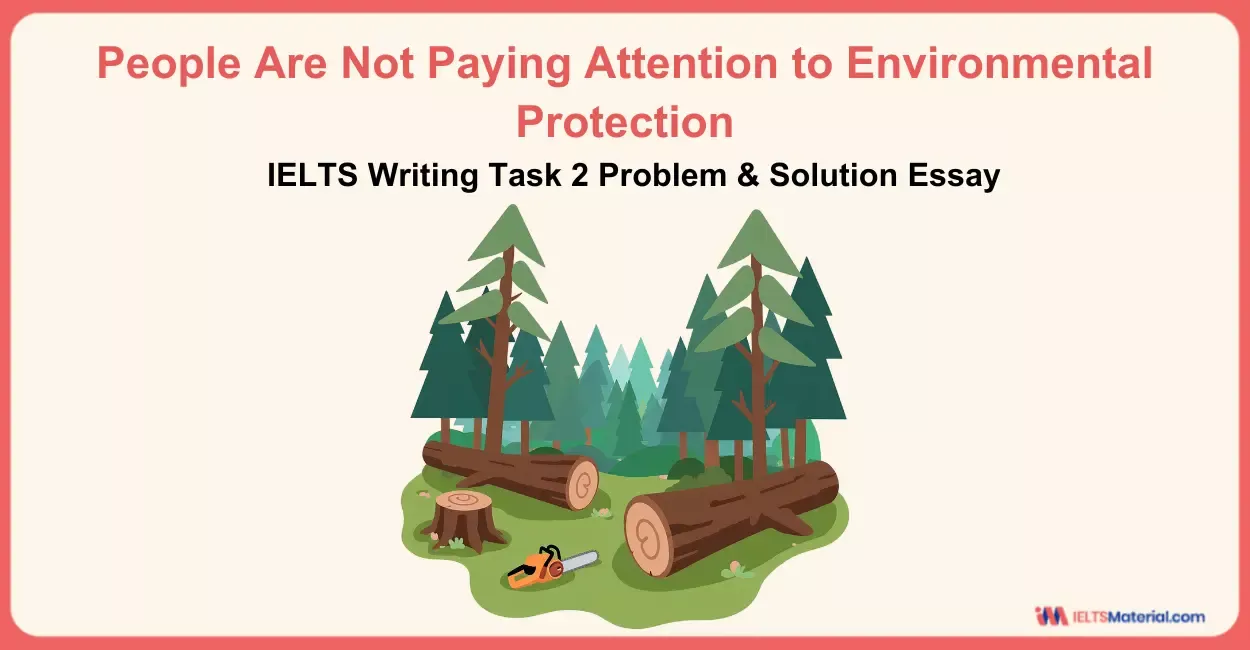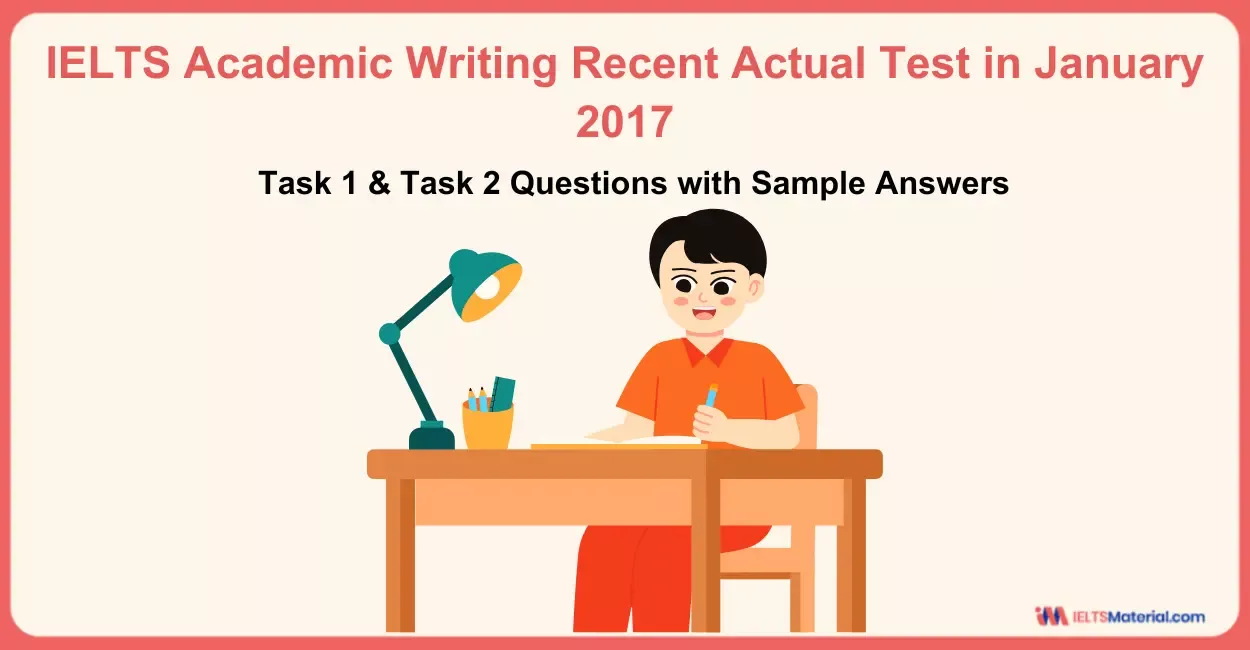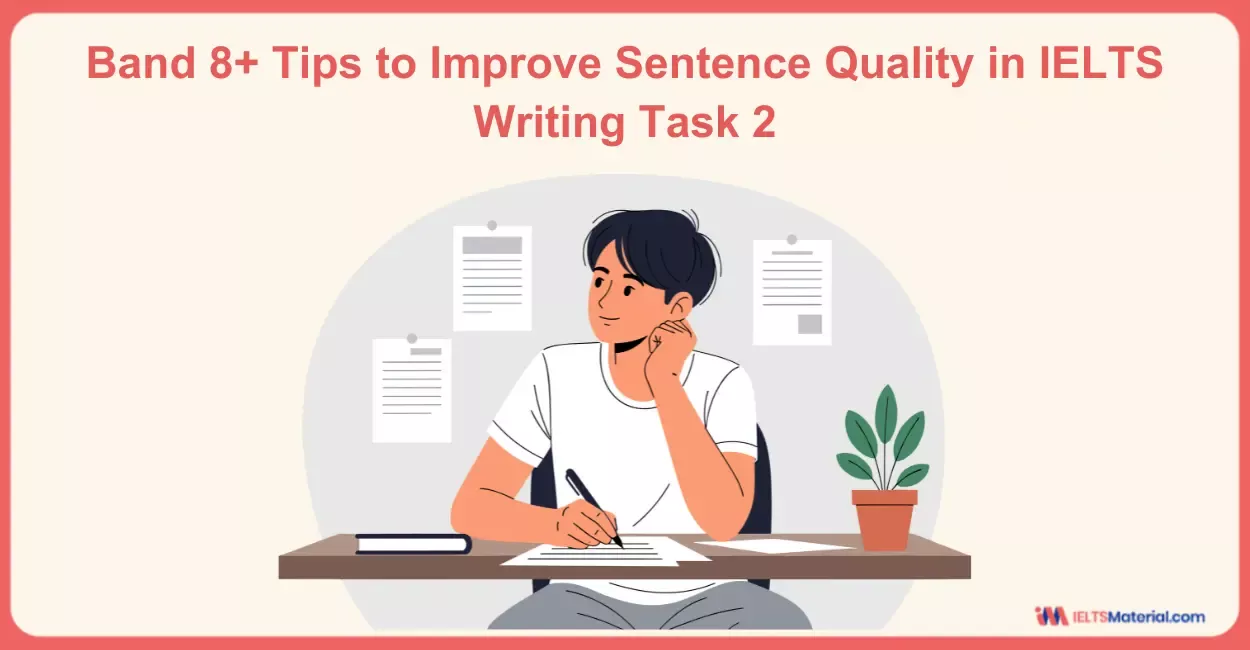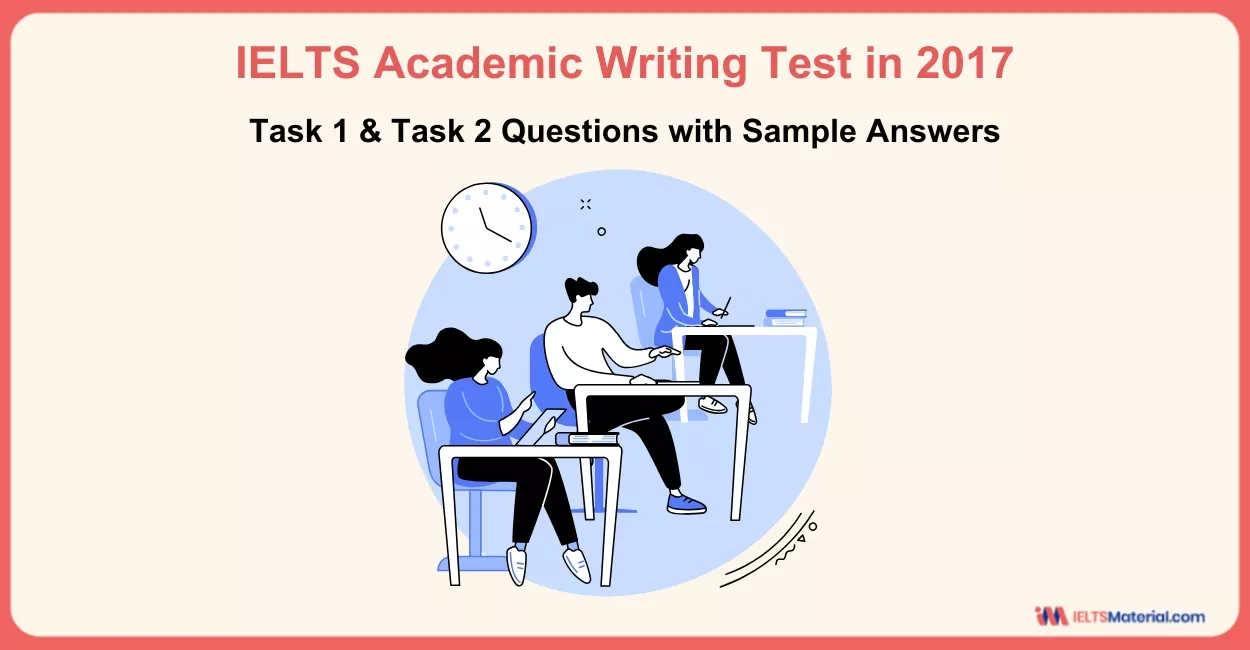Top Writing Techniques for the IELTS Writing Section
4 min read
Updated On
-
Copy link
Curious to know how to score a band 8+ in the IELTS Writing Section? Get insights into the Writing Techniques for the IELTS Writing Section and level up your preparation while aiming to ace the IELTS exam.
Table of Contents

Limited-Time Offer : Access a FREE 10-Day IELTS Study Plan!
The IELTS Exam is designed to test the English language proficiency skills, such as speaking, reading, listening, and writing skills, of an individual who plans on studying abroad or moving to another country. One of the sections is the Writing Section, which students find to be difficult and must use Writing Techniques for the IELTS Writing.
The band score is out of 9.0, with a score above 7.0 which is considered a good score. To get a score above 7.0, it is important to incorporate a few writing techniques which will guide you towards success.
Shall we look at the Writing techniques for the IELTS Writing Section? Let’s check it out!
Ready to crack your IELTS Writing in the 1st go? Book a FREE Demo!
Strategies to Use Writing Techniques for the IELTS Writing Section
The writing section of the IELTS exam is significant in terms of the IELTS Exam Eligibility Criteria and content as it evaluates a candidate’s proficiency with clear and persuasive English writing, which is a crucial professional and interpersonal skill. A high score in the writing section can demonstrate the test taker’s ability to comprehend and compose well-written English.
Below are some of the strategies that you can follow for the IELTS writing section:
1. Understand the Given Task
- Read the task carefully and make sure you understand what you are required to do.
- Highlight the important parts of the given brief to remember to incorporate them in your final answer.
2. Brainstorm
- Brainstorm and outline what you will write, including the main ideas and supporting details.
- You can plan out a mini flowchart highlighting the logical flow of your ideas.
- This will help you organize your thoughts and create a clear structure for your essay.
3. Be Consistent
- Make sure that your writing is logically connected and flows well.
- Use the appropriate Connectors & Linking Words for IELTS Writing Task 2 and phrases to connect your ideas and create a smooth, cohesive essay.
- Examples of such words include “moreover”, “however”, “in addition”, “nevertheless”, and “on the other hand”.
4. Use a Range of Vocabulary Words
- Use a range of IELTS Vocabulary to increase your band score, especially in the IELTS Writing task.
- Make sure you know the meaning of the words and that you are using them in the right context.
- Students occasionally require a thorough activity-based workbook that can teach them new vocabulary as well as how to use it appropriately in various contexts.
- However, avoid repetitive vocabulary as you attempt the Writing Tasks.
5. Appropriate Grammar in Sentences
- Use a variety of grammatical structures and tenses while avoiding simple sentence structures.
- Use the IELTS Grammar to write clearly, and also include the formatting style.
- The IELTS exam emphasizes your writing styles and formats, for which you need to understand the format. Vary the length of your sentences to make your writing more interesting.
6. Spelling and Punctuation
- Make sure you understand the Common spelling errors in IELTS and how to avoid them.
- This is the most basic testing criterion for any English-language test, and it is very important to proofread your written material before you submit it.
7. Time Management Skills
- Make sure you allocate enough time to both tasks and finish writing within the given time limit.
- Another important detail to remember is that you stay within the word limit, not too less, not too many!
- An important point to note is that the writing section is divided into IELTS Writing Task 1 and Task 2 – Task 1 focuses on describing data, a process, or a diagram in your own words.
- Make sure to write at least 150 words for task 1. Task 2 is a prompt on the basis of which you write an opinion or an argument. Make sure to write at least 250 words for Task 2.
8. Proofread
- Proofread your writing to ensure it is error-free and meets the task’s requirements, and make sure your writing is clear and concise.
- Read your material from start to finish and correct any errors you may come across.
- This will help you avoid losing marks for mistakes that could have been easily corrected, especially in the IELTS Writing Task 2.
To help you with your IELTS preparation, consult with our experts at IELTS online classes!
Creative tips in Writing Techniques for IELTS Writing Section for a Band 8+
Along with the strategies, there are a few creative tips for enhancing your writing abilities to acquire an IELTS Band Score of 8+ in the IELTS exam. Remember to incorporate these skills into your preparation as you practice continuously.
Below are the three main tips to level up your preparation.
1. Use figurative and creative language
Using different types of figure of speech in English, metaphors, and similes shows your command of language and creative storytelling skills. This can help make your writing seem imaginative and memorable.
2. Use humor
Incorporating jokes and humor into your writing can make the reading experience more lighthearted and enjoyable. It also shows your confidence in the task and your approach to situations.
3. Be original
- Nothing can beat an original well-written story.
- Try to approach the topic from your own point of view and make it stand out from the ordinary. Especially in IELTS Writing task 2 there is no right or wrong answer so you can use your imagination!
Join our free IELTS webinars to understand the different aspects of the IELTS exam and score better!
Remember that writing is an essential component of effective communication, and it is used in every professional and personal setting. Being able to write well is a valuable asset that colleges, universities, and workplaces look for, and IELTS is set out to test exactly that!
Also Check:
- IELTS Suggestion Letter: Structure, Useful Phrases & Samples
- Common IELTS Essay Topics for Writing Task 2
- Timing and Word Length in IELTS Writing Module
- 21+ Tips On How to Improve Your IELTS Writing Band Score
- Recent IELTS Writing Actual Test & Model Answers
Explore IELTS related articles

Start Preparing for IELTS: Get Your 10-Day Study Plan Today!
Explore other Writing Articles


Recent Articles

Nehasri Ravishenbagam

Nehasri Ravishenbagam

Haniya Yashfeen







Post your Comments